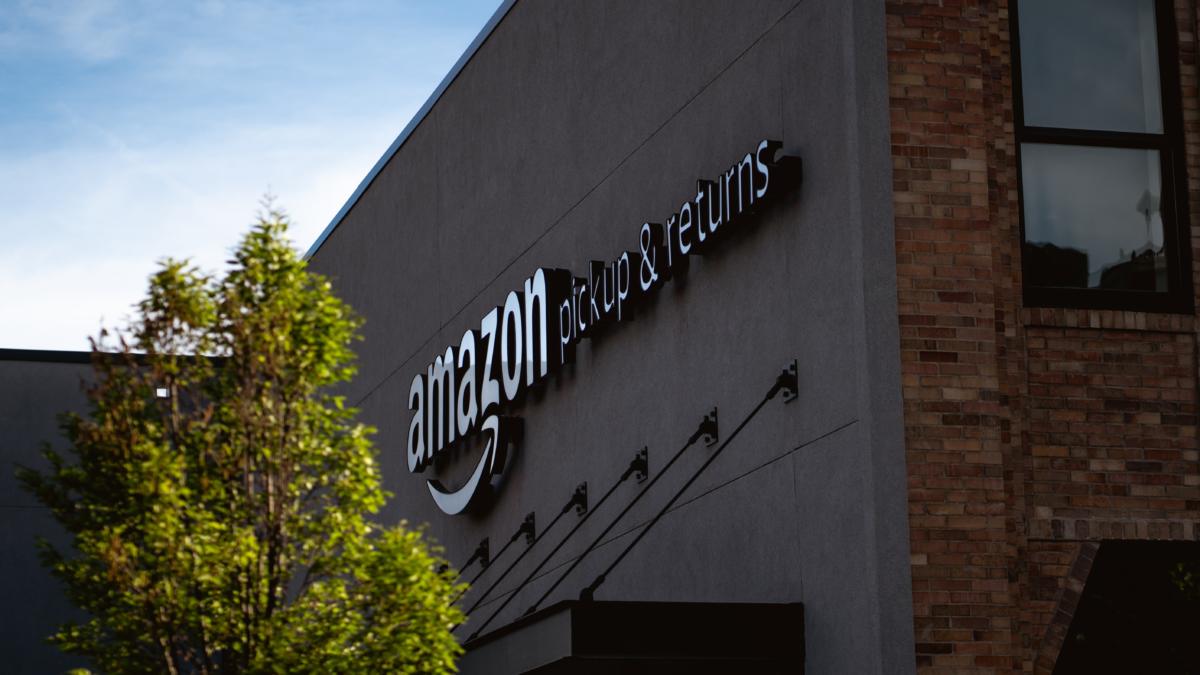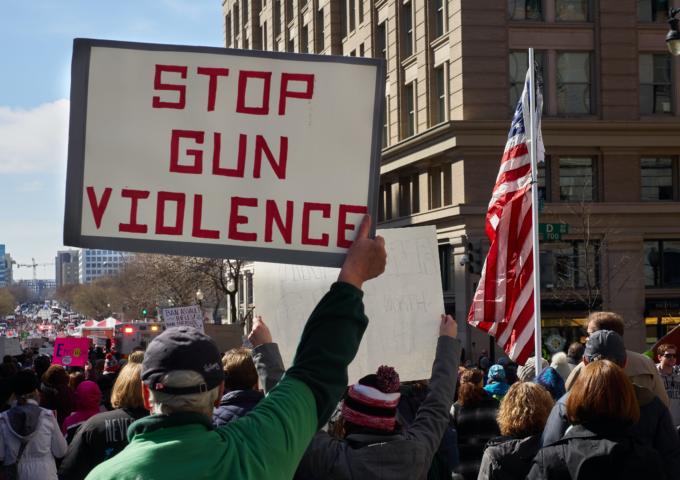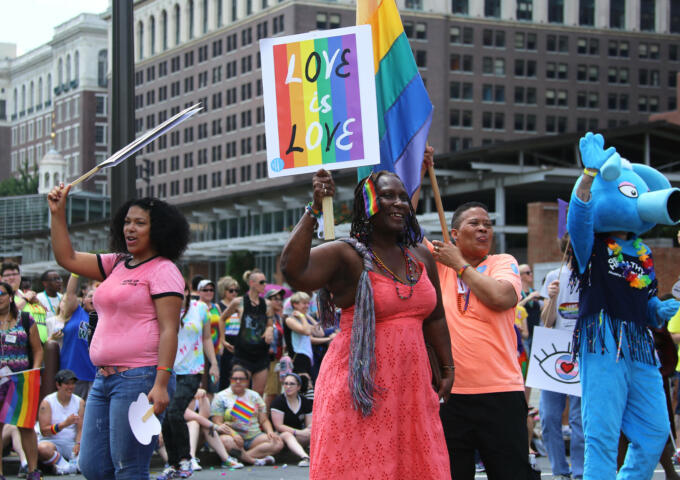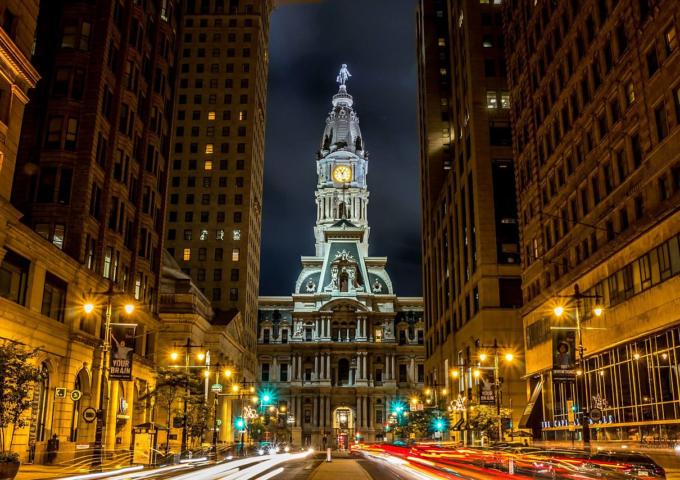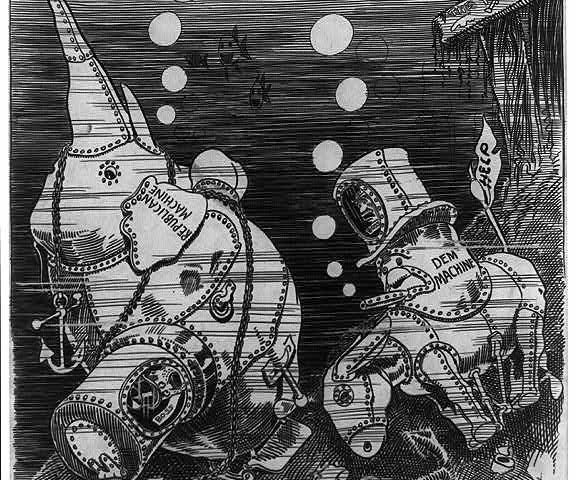Beginning in 2017, Amazon launched a yearlong process of encouraging cities across the nation to pitch themselves as locations for a second headquarters for the tech giant. The HQ2 project embodied the ethos of Silicon Valley: a rational, unbiased search for the best fit between a location and a rapidly expanding company. No emotional choice, no favoritism, this was a contest of facts.
Except it wasn’t.
Philadelphia, like many other cities, spent hundreds of thousands on promotion efforts and promised millions in tax breaks in an effort to lure Amazon here and reap the benefits of thousands of new, high-paying jobs. But after all that, as reported in the book Amazon Unbound earlier this year, the same old parochial thinking actually accounted for the decision. Author Brad Stone details in his book how Philadelphia’s objective case for the prize was strong, finishing with Chicago and Raleigh as the top choices.
Instead, the whims of incoming CEO Andy Jassy made the decision, dividing the HQ2 site between New York and Washington. Stone writes that “Jassy, according to one person’s recollection, opined that he disliked the city, which was the bitter rival of his favorite football team, the New York Giants, and suggested that his employees would never want to live there.” A couple of months later, a new top list emerged with none of the three cities on it.
First of all: your team has to be good to be a rival to the Eagles. Since 2010, the Eagles have beaten the Giants in 17 of 22 meetings. Our rival is the Cowboys, not the Giants.
“Jassy was apparently joking,” Stone writes, but it fits a pattern, and one that Philadelphians are often all too ready to embrace. “No one likes us, we don’t care,” Jason Kelce famously said after the Eagles’ Super Bowl win in 2018. We, as a city, have been an underdog so long that we have made it a part of our identity. When Amazon puts its thumb on the scale to take away something we ought to have fairly won, there is hardly a murmur of complaint. We’re used to it. That’s just how things go, right?
That attitude is fine in sports. But as far as jobs, growth, and innovation go, we have a say. Instead of electing the same old hacks and having the same old mediocre economy, Philadelphia voters can and should demand better.
The lesson of the HQ2 fiasco is not that the deck is stacked against Philly; it is that Amazon is not coming to save us from ourselves. When the trillion-dollar corporation came courting, city politicians rolled out the red carpet. Tax breaks, flashy ad campaigns, the works. And none of it mattered. But when a small business tries to do just about anything in this town, it’s a different story.
For Jeff Bezos, Philly pols roll out the red carpet; for the rest of us, it’s nothing but red tape.
Making this city a reliable place of employment does not mean giving away the store to one massive corporation while making life difficult for everyone else. It means being friendlier to business across the board, revising our laws and improving our regulatory agencies so that employers don’t have to be bribed to move here.
As hard as the City Hall clique tried to get Amazon, they haven’t tried at all to get anyone else. As Christian Hetrick and Joseph DiStefano wrote for the Inquirer last year, Philadelphia is one of the hardest cities in which to do business. And this was not a simple comparison between poor cities and their rich suburbs. We already know it is easier and cheaper to start a business in King of Prussia than Philadelphia. This was comparing apples to apples, big cities to big cities.
The wage tax, at 3.8398% for residents and 3.4481% for non-residents, is the highest in the country. High taxes are the main culprit, but inefficient services also hamstring nimble new businesses looking to grow quickly. When Hetrick and DiStefano wrote their article in 2020, the website WalletHub ranked Philadelphia 97th out of 100 cities in terms of the best place to start a new business. In 2021, that same site ranks us 93rd. Progress? Hardly. We seem to be benefiting from a methodological change now that they take COVID-19 infection rate into account — one of the few things we’re above average at doing. But that will not make a business move here once the pandemic ends.
Moving up in these rankings will not bring Amazon knocking at our door: Raleigh, another city they spurned, ranks 7th out of 100. But that goes to show that we should not base our city’s prosperity on the whims of one billionaire. Making things better for all entrepreneurs, from the mom-and-pop to the corporate titan, will give us job growth more like Raleigh’s. A better environment for business can make more jobs and higher wages for all Philadelphians, even if some corporate exec likes the wrong football team.
